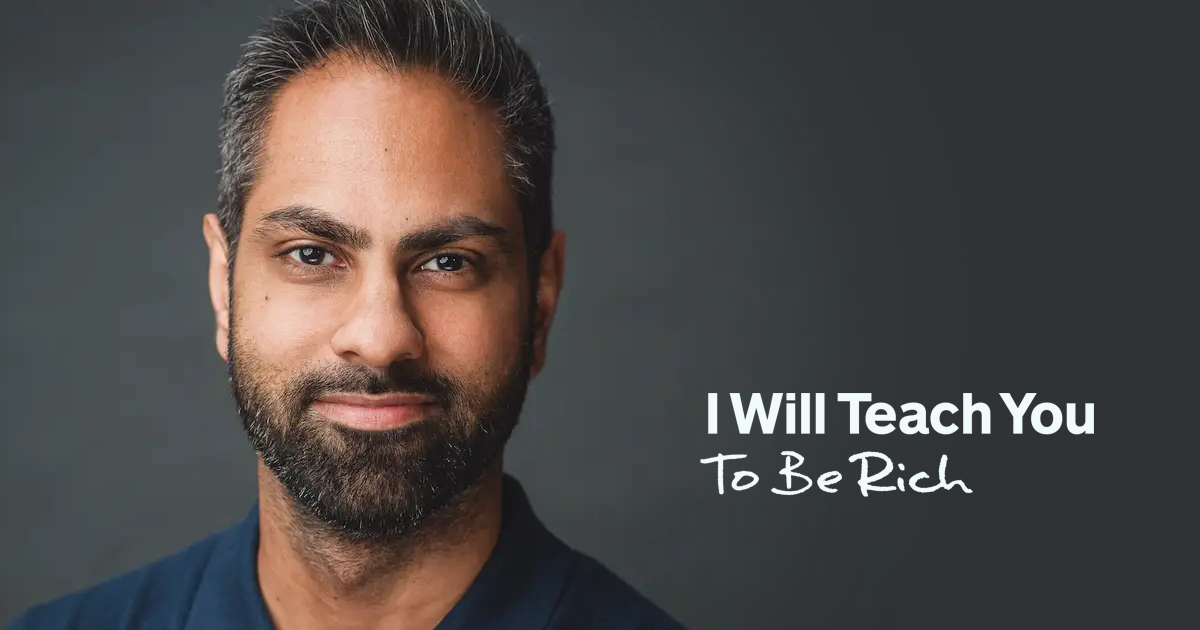In this article we will break down “credit card scripts”, what they are, why people use them, and how they can be dangerous.
The reality of talking about credit card debt can be difficult. It’s one of the biggest credit card mistakes, to avoid it. We don’t want to always be seen as someone in large amounts of debt or someone who is irresponsible.
That’s why most of the time what someone says isn’t always what they mean when it comes to talking about credit card debt.
Credit Card Scripts Decoded
| Credit Card Invisible Script | What It Really Means |
| “It’s not so bad. Everyone has credit card debt. At least I don’t have as much debt as Michelle.” | Humans are wired to compare themselves to others. Interestingly, the worse situation we’re in, the more we look for others to reassure us that we’re not really that bad. It doesn’t change our situation, but we feel better about ourselves. |
| “I probably shouldn’t buy this, but $100 is just a drop in the bucket compared to how much I owe. Oh well . . .” | Once the problem is sufficiently large, we rationalize any single change as “not enough” (when in reality, real change happens through small, consistent steps). There are lots of similarities here between the decision making of those in serious debt and those who are overweight. |
| “Paying interest is just like any other fee.” | This is “normalization,” or the idea that paying interest on your debt is actually not that bad. I’ve never met one person who says this and understands the math of 14 percent interest rates. |
| “These credit card companies just try to trap you.” | This is the surrendering of responsibility for personal decisions. It’s very common among people who are surrounded by friends and family who are also in debt. Yes, credit card companies do want you to pay lots of fees—but it’s also your responsibility for making the decisions that got you into debt in the first place. Until you take responsibility, the credit card companies will be a convenient enemy. |
| “I don’t even know how much I owe.” | Notice the transition to a more hopeless script. In my estimation, over 75 percent of people in debt do not know how much they actually owe. The truth would be too painful, so they ignore it. But there is power in acknowledging the problem and making a plan. |
| “I’m just trying to do my best.” | The most hopeless of all. This person is effectively saying, “I have no control over my finances” and “Life happens to me” rather than acknowledging their own agency. Once someone says this, it’s very difficult for them to ever change. |
Damn, that got depressing. But all of these examples are important to show you how insidious and powerful these credit card scripts are. It’s important to find all of your debt and be in control of your finances.
Credit Card Scripts: Why People Use Them
These credit card scripts turn into very peculiar behaviors. That’s why it’s so important to follow credit card rules, or they can turn into a bad thing fast. People “know” they’re not handling their money the right way, but they continue doing what they’ve done for years on end. To the outside observer, this can seem puzzling: “You’re in debt! Why are you spending $800 on that weekend trip?”
But people are not purely rational. In fact, these invisible money scripts explain why so many people in debt avoid opening their mail. You might say, “JUST OPEN YOUR BILLS! PAY IT OFF! It’s not that hard!” But if your invisible money scripts have been honed and sharpened by the stories you tell yourself over more than twenty years (“bills = bad”), it can be hard to change.
What are the stories you’ve told yourself about debt?


